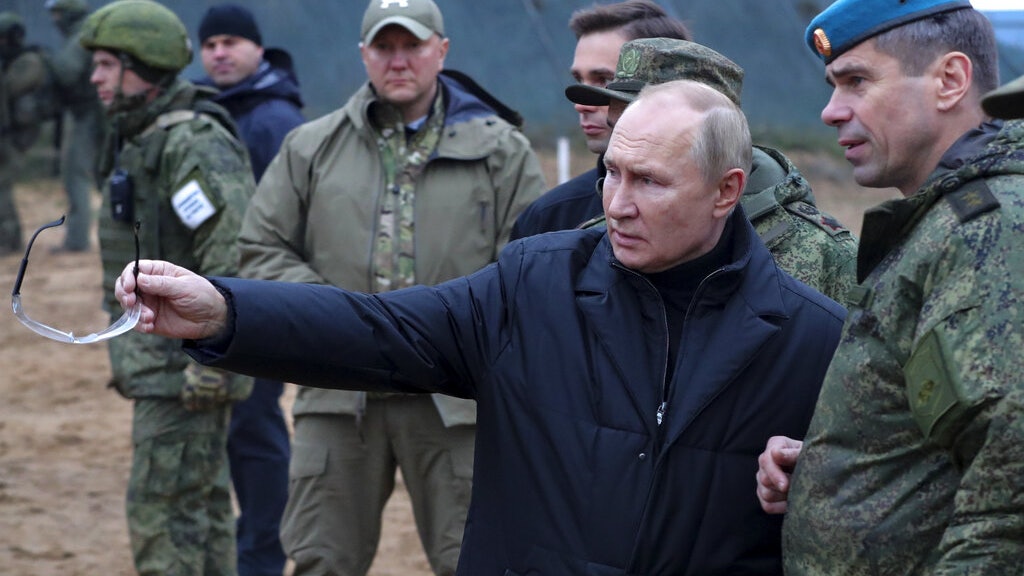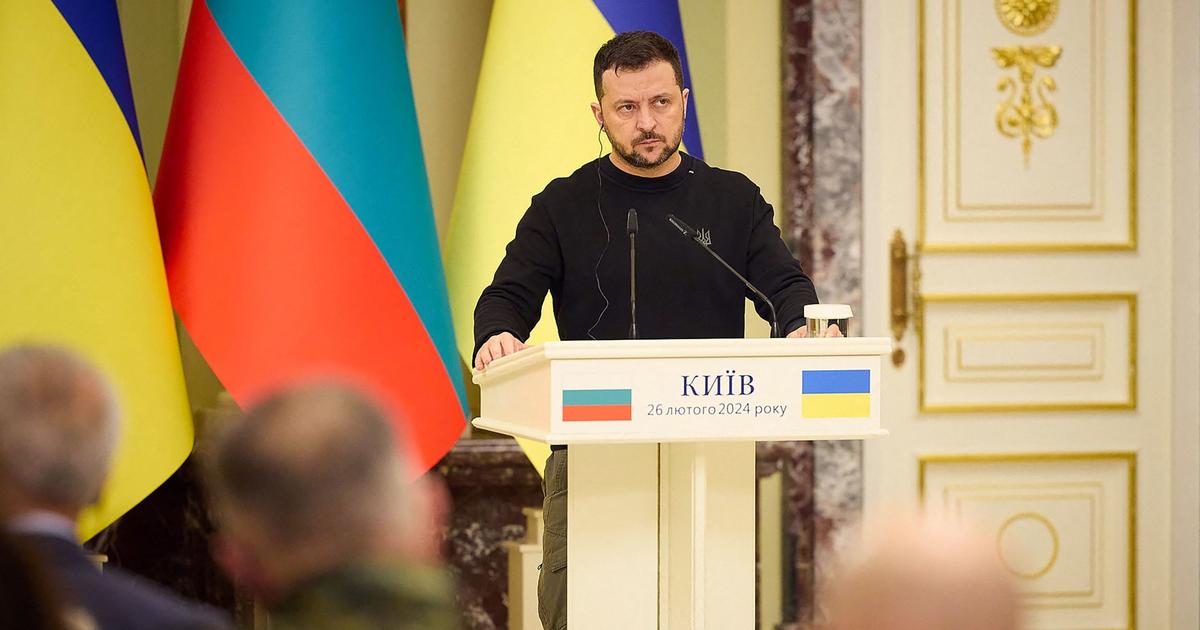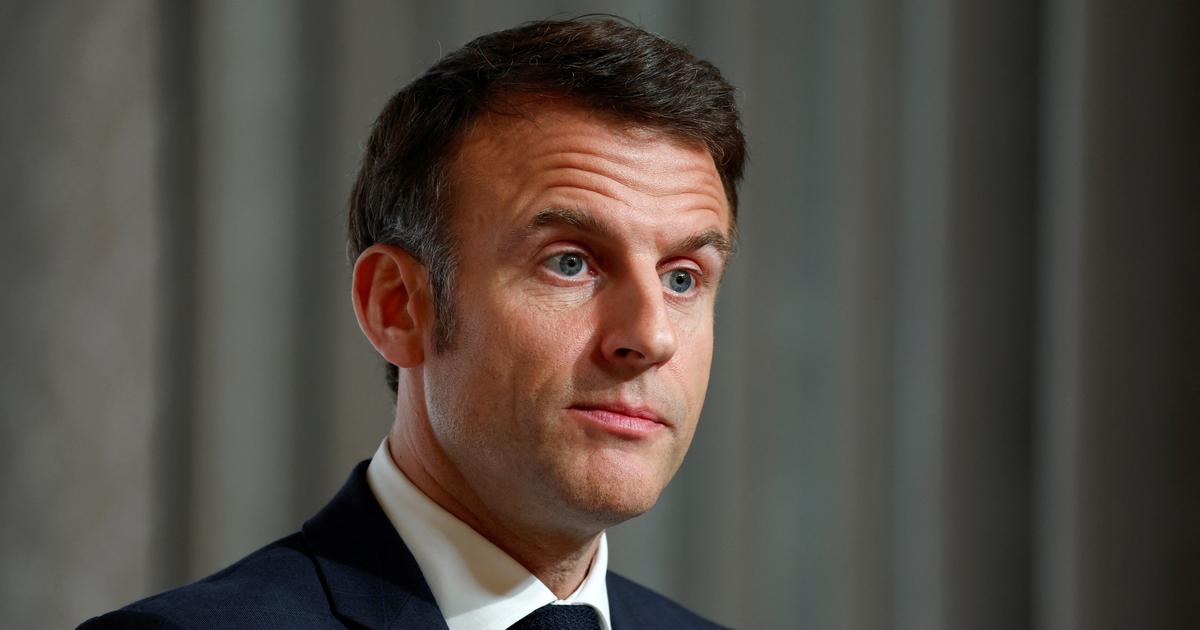On November 9, Russian frontline commander-in-chief Sergey Surovikin suggested that Russian troops withdraw from the right bank of the Dnipro River in Kherson Oblast. Defense Minister Sergei Shoigu agreed. Begin retreat.
In retrospect, the Russian army crossed the Dnieper shortly after the start of the special military operation, and the city of Kherson quickly fell in March, becoming the only Ukrainian state capital occupied by the Russian army since the operation.
For several months, Kherson Oblast was used as a bridgehead for offensives in the direction of Mykolaiv, Odessa, and on September 30, with Donetsk Oblast, Lu Luhansk and Zaporizhzhia were merged into Russia.
However, during this period, Ukraine did not give up the plan to retake Kherson, launched several counteroffensives at the end of August, and achieved initial results in October: the Ukrainian army approached the Dnieper River and continued to advance southwards, while controlling the Dnieper River ferry. , destroying bridges and severely restricting the logistics of the Russian army. On the one hand, they launched artillery bombardments on the right bank of the Dnieper River and blew up the Russian army station. The Russian army, which was difficult to defend and attack, fell into a passive position. Russia is also celebrating the "four places into Russia" after , was forced to face up to the dilemma of the Kherson fire.
On October 18, Surowykin said that the direction of Kherson was facing a "difficult situation" and that "difficult decisions" might need to be made; on October 21, the Russian army began to withdraw some elite troops from the right bank and sent newly mobilized troops. Troops to cover the retreat.
At the same time, the Russian-occupied Kherson authorities began to evacuate the residents of the right bank, initially replacing "evacuations" with "voluntary resettlement", but as time passed, the Russian side began to strictly urge residents to leave the city of Kherson and the entire right bank, evacuation areas It has been expanded to an area of about 15 kilometers on the left bank of the Dnieper River.
On November 9, Surovkin reported to Shoigu that 115,000 people had left the war zone.
Now that the Russian army has announced its withdrawal from the right bank of the Dnieper, it is obviously related to the logistical contusion of the Ukrainian army. The isolated right bank can no longer become a bridgehead for advancing to Odessa and Nikolayev.
In this situation, although the withdrawal will bring serious political pressure, it seems to be an unavoidable decision.
In addition to the cynicism of the Russian army, the outside world is more concerned about where Moscow will go next.
On September 30, 2022, from left, Vladimir Saldo, the head of Kherson Region, appointed by Russia, Yevgeny Balitsky, the Prime Minister of Zaporozhye Region, appointed by Russia, Russian President Vladimir Putin, Dayton Netsk leader Denis Pushilin and Luhansk leader Leonid Pasechnik attended the signing ceremony and waved to those present.
(AP)
Withdrawal of troops in exchange for less aid from the West?
First of all, some voices believe that Russia's withdrawal this time is intended to achieve a certain degree of "political exchange" with Europe and the United States, that is, the right bank of the Dnieper River is exchanged for Europe and the United States to reduce aid to Ukraine.
The basis for the judgment of the above narrative is based on several recent events.
First, the rumors of "reconciliation" previously released by the American media.
The Washington Post reported on November 5 that the Joe Biden administration is privately persuading top Ukrainian leaders to signal that they are willing to negotiate with Russia, and hope it will revise its public stance of "not negotiating with Vladimir Putin." In order to ensure that European and American countries can continue to support Ukraine while appeasing public opinion; The Wall Street Journal also quoted sources as saying that White House National Security Advisor Jake Sullivan (Jake Sullivan) maintained secret communication with Putin's senior advisers, and during his recent trip to Kyiv Call on the Ukrainian side to show its willingness to negotiate.
Second, the Ukrainian President Volodymyr Zelensky revisited negotiations.
At the beginning of the Russian-Ukrainian war, since NATO aid had not yet come in, the Russian army once again surrounded Kyiv, and Ukraine could only temporarily sit at the negotiating table. Lenski gradually developed a strong confidence, and on October 4, he made a rhetoric, announcing that Ukraine would never negotiate with Putin.
However, on November 7, Zelensky suddenly set out five conditions for negotiation, including restoring Ukraine's territorial integrity, respecting the "United Nations Charter", compensating Ukraine for all losses, punishing every war criminal, and guaranteeing that similar things will never happen again. Let go of your posture."
Third, some Western companies have an ambiguous attitude towards Russia.
On November 7, the Press Service of the Russian Ministry of Industry and Trade revealed to Sputnik that Lancome, Redken, YSL, Giorgio Armani, Kerastase ) and other companies are preparing to resume supplies to Russia; "Bloomberg" also released news on the same day that the U.S. Department of Finance and the State Department privately asked financial giants such as JPMorgan Chase and Citibank to continue to maintain strategic business with some Russian companies.
Based on the above three incidents, some voices believe that Russia may have secretly communicated with the United States and Europe. Because of the pressure of "persuade peace", negotiation was suddenly brought up again.
However, this narrative is inevitably challenged by reality, and the reason for the refutation can be used to construct another narrative: Europe and the United States will not stop aid to Ukraine, and Russia’s withdrawal is also to accumulate energy for the winter or the next wave of offensive, rather than prepare for it. negotiation.
On October 13, in Grakove, Ukraine, a bomb-breaker retrieved ammunition from a camp abandoned by the Russian army.
(AP)
The protracted war between Russia and Ukraine may continue
First of all, the US media's "reconciliation" reports, which seem to be news exposure, can actually be interpreted as public opinion manipulation, with the goal of targeting the US mid-term elections to be held on November 8.
As we all know, the obstacle to Europe and the United States' aid to Ukraine is not the cost and cost of the aid itself, but the negative public opinion induced by the continuous war and sanctions, the energy crisis and high inflation.
However, bloodletting Russia through war is in line with the U.S. strategy, and the political correctness of assisting Ukraine is so huge that if it stops for a while, it may anger public opinion. Therefore, the practical problem facing the political arena in Europe and the United States today is not the black and white of “whether to assist Ukraine”. But how to "both aid Ukraine and effectively manage public opinion".
In this context, the "U.S. persuades Ukraine to show willingness to negotiate" released by The Washington Post and The Wall Street Journal can actually be regarded as a public opinion project oriented to public opinion. The goal is to convince the American people that war may be possible Entering the negotiating stage, high inflation and oil prices may ease, which may reduce dissatisfaction with the Biden administration and continue to support Democrats in the November 8 midterm elections.
Coincidentally, "the U.S. Department of Finance and the State Department privately requested financial giants such as JPMorgan Chase and Citibank to continue to maintain strategic business with some Russian companies" reported by "Bloomberg" on November 7, in fact, this intention can also be interpreted. .
The picture shows the venue for the third round of negotiations between Russia and Ukraine on March 7.
The meeting took place on the Polish-Belarusian border.
(AP)
Second, Zelensky seems to be "relaxing his posture" and then talking about negotiations. In fact, the conditions he put forward are almost the same as "unless Putin steps down." ", which means that Russia must withdraw from Crimea and the Donbas; "punish every war criminal", including Putin, the supreme leader of Russia, who initiated this special military operation, the result will be his Step down and stand trial; "guarantee that nothing like this will happen again", implying that the two sides must sign a truce and that Russia must make relevant guarantees.
In fact, the conditions for triggering the Russia-Ukraine negotiation are quite clear, that is, after one party has gained a clear advantage, the backward party may consider sitting at the negotiating table.
As mentioned earlier, Ukraine was surrounded by the capital at the beginning of the war, and NATO once again waited and watched, which led to several rounds of negotiations in Belarus; now the Ukrainian army is on the offensive momentum, and Ukraine's anti-Russian public opinion has experienced several months of blood catalysis. Now is the fermentation time. As long as Europe and the United States do not stop military aid, Ukraine may continue to invest in the front line, vowing to win the battle with the Russian army.
In short, the form of negotiation that Ukraine is willing to accept today is that the Russian army itself truces and seeks peace.
And so does Russia.
Since the start of the war on February 24, Moscow has continued to emphasize that it is willing to negotiate with Ukraine, but it has continued to embezzle land. This is also because of the negotiation form that it can accept, that is, Ukraine’s pursuit of peace at a disadvantage and accepting Russia’s offer of “going out”. Militarization” and “De-Nazification” related conditions.
In addition, for the current Putin regime, announcing the truce negotiations at this time is tantamount to political suicide. After all, after the Kharkiv retreat in September, the dissatisfaction of the Russian hardliners continued to accumulate, requiring the government to launch a rapid " The "Winter Offensive" is a humiliating counterattack. This withdrawal from the right bank of the Dnieper will undoubtedly exacerbate the above-mentioned anger. Until Putin is able to settle the dissatisfaction of the hardliners, the Russian army will probably continue to increase the front line.
In the final analysis, in order to facilitate the negotiations between Russia and Ukraine, if Europe and the United States had not stopped aid and the Ukrainian army had been pushed back, Russia would have suffered serious setbacks, including frontline and domestic politics. The mutual trust between the United States and Russia is extremely low. If Russia withdraws troops in exchange for the suspension of aid from Europe and the United States, it will inevitably face the risk of "continued reinforcements from Europe and the United States after the withdrawal of troops". Moscow should not be so naive.
Therefore, interpreting the withdrawal of the Russian army may still not be able to break away from the context of the protracted war between Russia and Ukraine.
The city of Kherson (boxed in black) is the only Russian occupation on the west bank of the Dnieper.
The site also has a key impact on Crimea's water supply.
(Liveuamap screenshot)
As mentioned above, the right bank of the Dnieper River has lost its position as a bridgehead due to logistical setbacks and Ukrainian artillery. There will be a political price to pay, and the retreat will probably also encounter Ukrainian artillery fire and discard heavy equipment.
Second, from the perspective of the front structure, the left bank of the Dnieper River in Kherson Region is much more important than the right bank. The water supply of the Crimean Peninsula mainly passes through the canal located on the left bank. , Crimea's water supply may be cut off again, and if the land bridge connecting Crimea from Mariupol is interrupted, the situation can be reverted to some extent from 2014 to February 2022 It will be a serious injury to the Putin regime.
Looking to the future, no matter whether the Russian army is ready to launch a winter offensive or not, and from which direction it will move, defending the left bank of the Dnieper is a top priority.
At present, the Russian army has set up a defense line along the coast, obviously to prevent Ukraine from making a strong attack; but in order to avoid deadweight losses, the Ukrainian army may not cross the river in the short term, but will launch various artillery battles with the Russian army across the Dnieper River. , with team reconnaissance and air operations.
If the situation develops like this, the focus of the struggle on the Russian-Ukrainian front may shift to other areas, such as Zaporozhye and Donetsk.
Of course, for Russia, consolidating the reality of "joining Russia from four places" and signing some kind of agreement with Ukraine is still an ideal goal, but this idea must be matched with the "abandonment" of Europe and the United States, Ukraine also agreed to negotiate, and the Russian hardliners also gave up Only conditions such as unrealistic large reverse pushes can be realized, and now the time may not come.
In the short term, Russia will still pursue stable control of the overall war situation in Ukraine, shrinking the more damaging fronts, and accumulating strength for the offensive this winter, and even next spring and summer.
After all, this is a protracted war between Russia and Ukraine and NATO.
What is the situation on the right bank of the Dnieper?
The logistical setback and the artillery bombardment of the Ukrainian army have lost its active position as a bridgehead.
What kind of battle situation may Kherson play in the future?
The Russian and Ukrainian armies launched an artillery battle along the Dnieper River, and the storm crossing the river may not happen for the time being.
Russian Embassy in Indonesia: Putin will not attend the G20 summit Russian army abandoned Kherson Ukraine: 24 hours to recover 12 villages and towns Russia-Ukraine war There is no suspense, but Russia will face three major challenges. The Russian army withdraws from Kherson and the domestic hawks are dissatisfied: the biggest failure since the founding of the federation



/cloudfront-eu-central-1.images.arcpublishing.com/prisa/A6GAVFRI7NHOXASTFVQN2E6XT4.jpg)




